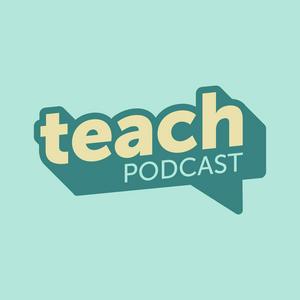How can play be a powerful tool for developing young children's language skills? In this episode we sit down with Professor Louise Paatsch, Deputy Director of Deakin University's Strategic Research Centre in Education to explore how intentional play-based learning environments can nurture children’s oral language skills, setting a strong foundation for lifelong learning. This episode is aimed at preschool educators. For primary and secondary school teachers, listen to our episode with Dr Yael Leibovitch and Professor Ian Wilkinson. Key takeaways: Play is essential for language and communication development: Pretend play supports language development by encouraging children to use symbolic thinking, tell stories, negotiate, and collaborate – all critical skills for communication. The components of language are interrelated: Language consists of form, content and use. The importance of educator intentionality: Educators play a crucial role in supporting children to communicate. They use a range of strategies, such as modelling verbal and non-verbal communication, using self-talk, acknowledging children’s communication attempts, pausing with expectation, and dialogic talk during play and interactions. Planning for inclusion in play: Creating learning environments that incorporate culturally relevant and inclusive resources supports the language and communication development of all children. Louise Paatsch - Let's play and talk We’d love to hear your thoughts on this episode and any ideas you have for future topics. Get in touch with the Teach Podcast team at
[email protected] omnystudio.com/listener for privacy information.
